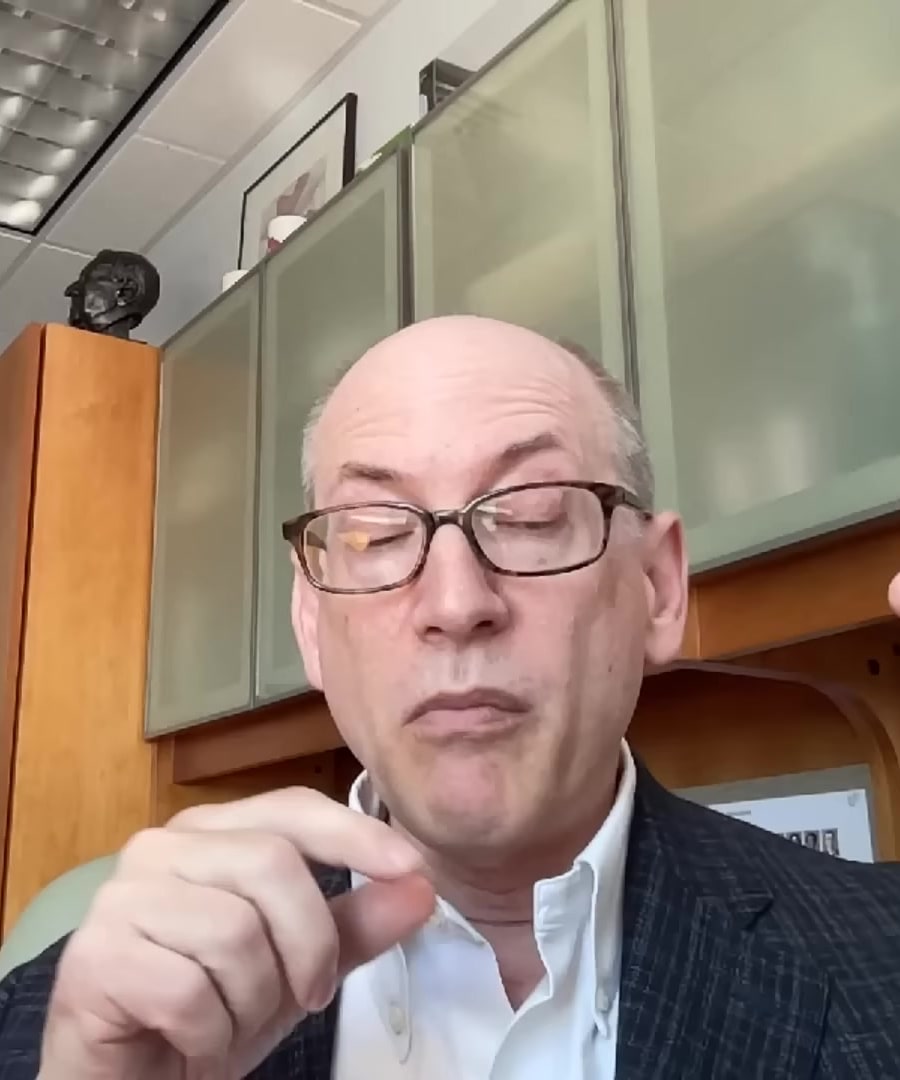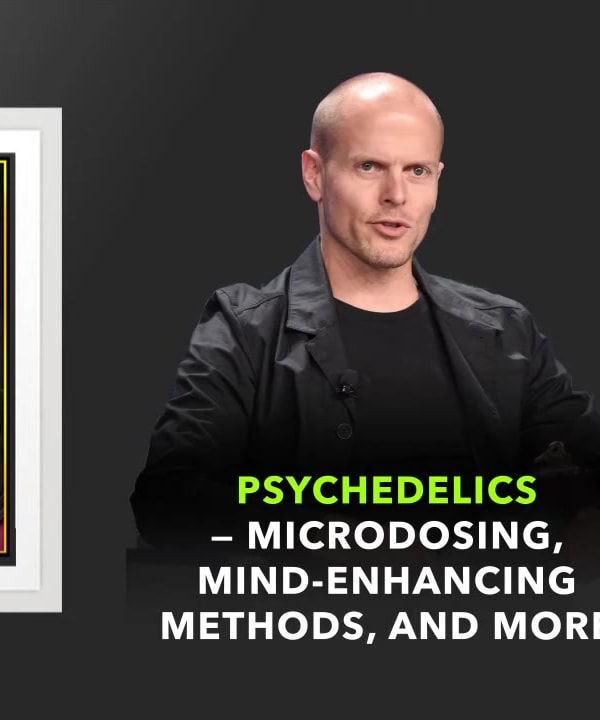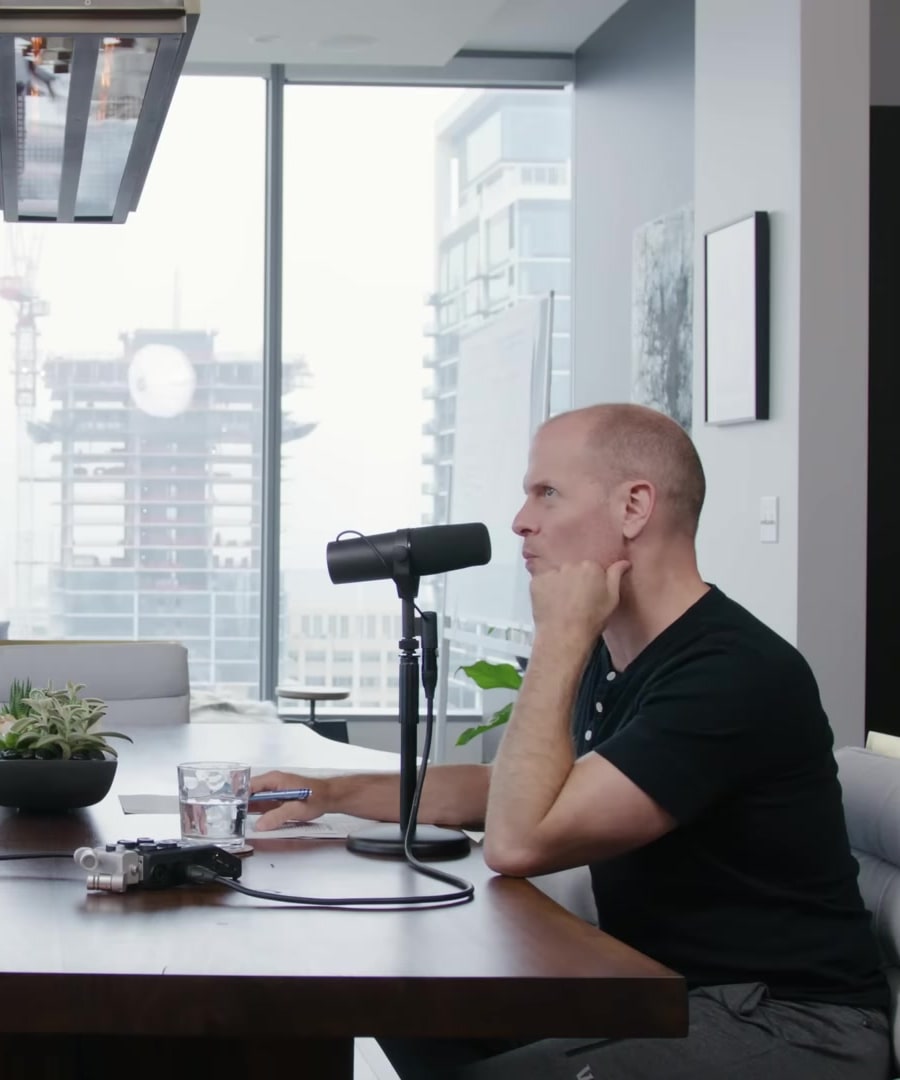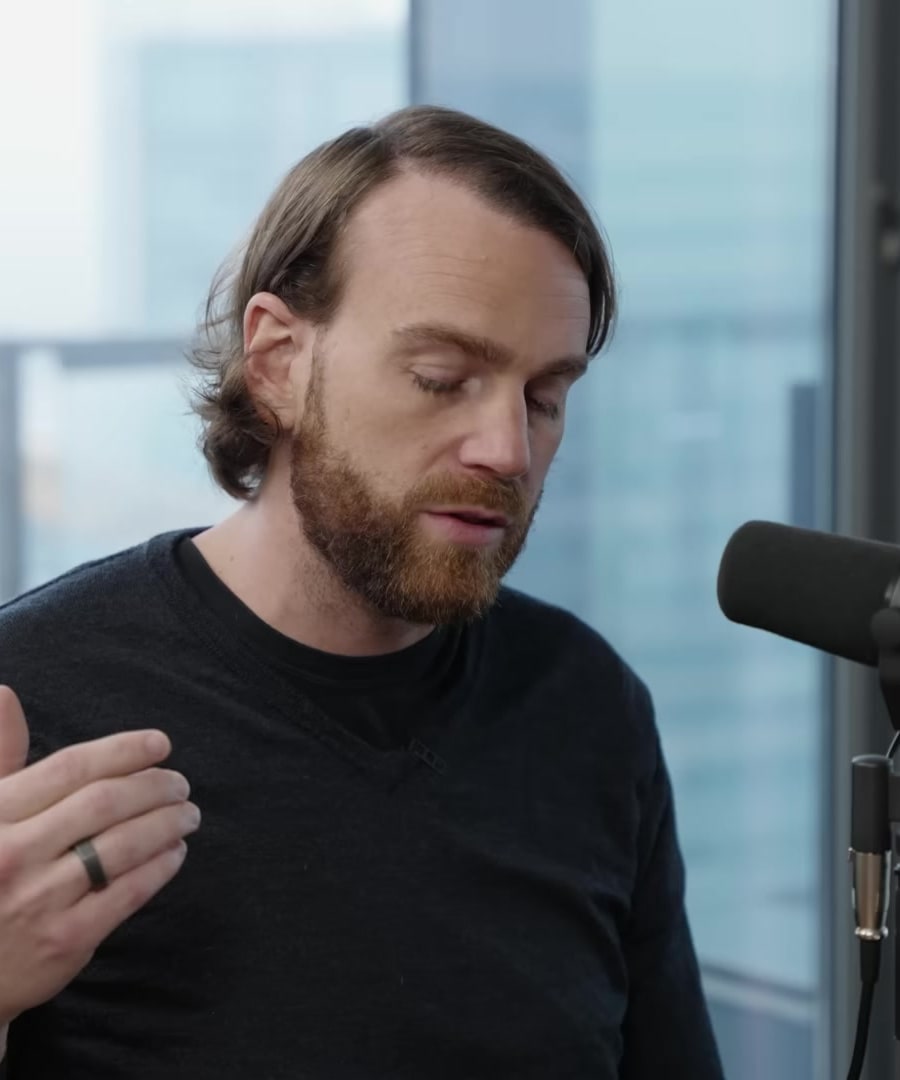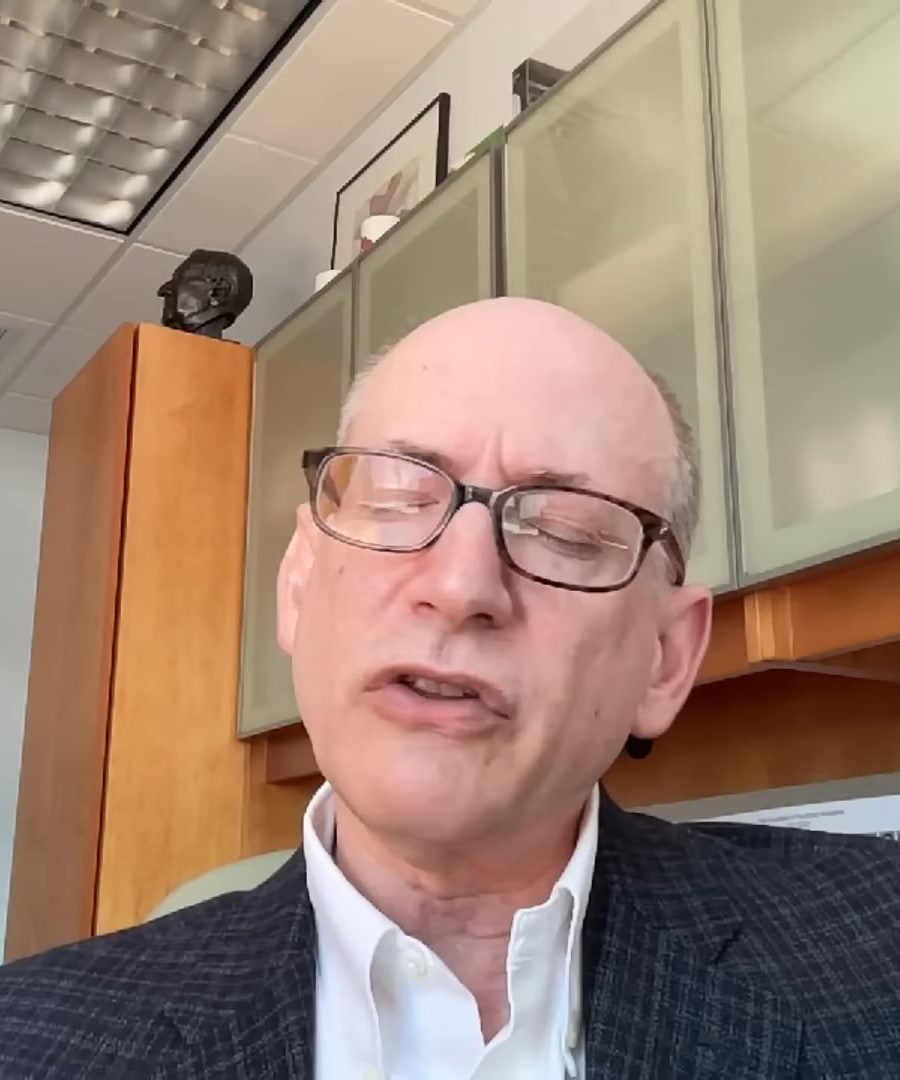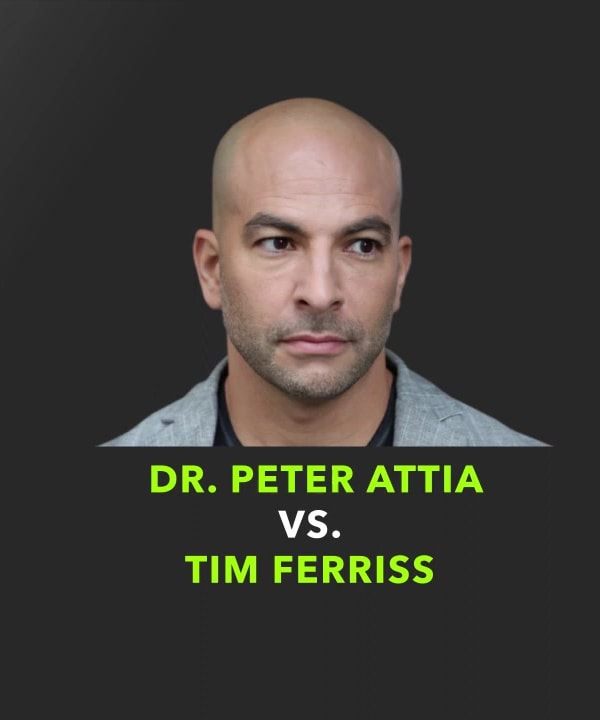Are there other depression treatments?
Sources:
There are several alternative treatments for depression discussed by Tim Ferriss and expert guests on his podcast. Here are some of the notable ones:
-
Ketamine:
- Usage: Ketamine has been found to have antidepressant effects at specific low dosages. At a narrow dose window, it can produce the desired antidepressant effect without severe side effects, and it is particularly effective for treatment-resistant depression 1.
-
Psychedelics:
- Psilocybin: High doses of psilocybin have shown significant efficacy in reducing depression and anxiety, with effects lasting up to six months post-treatment. This is especially notable in patients with terminal illnesses facing severe anxiety and depression due to their diagnosis 2.
- Ibogaine: There is ongoing research on ibogaine, particularly for its potential in treating complex conditions such as military traumatic brain injury, which often include depression, anxiety, and PTSD 3.
-
Transcranial Magnetic Stimulation (TMS):
- Accelerated TMS (Stanford Accelerated Intelligent Neuromodulation Therapy - SAINT): This treatment has shown promise in rapidly reducing depressive symptoms, often achieving remission in as little as 2.6 days. It involves personalized targeting of brain areas associated with depression, delivering high-intensity treatment over a short period 4 5.
-
Electroconvulsive Therapy (ECT):
- Despite its controversial nature, ECT remains one of the gold-standard treatments for severe depression, particularly when other treatments have failed. It can be a life-saving option for some patients 6.
-
Addressing the Default Mode Network:
- Research into how psychedelics affect the brain's Default Mode Network (DMN), which is highly active during self-referential thinking and rumination, is ongoing. Temporarily deactivating or altering DMN activity through psychedelics may help break obsessive thought patterns associated with depression and anxiety 7.
-
Clinical Innovations and Accountability:
- There's an emphasis on developing new treatments and continuously testing their outcomes. For example, integrating outcome measures into clinical practice to ensure treatments' effectiveness and making adjustments as necessary 6.
These alternative treatments represent a shift towards more innovative and rapid-acting solutions for depression, addressing gaps in traditional antidepressant therapies. However, it's important to consult healthcare professionals before considering these treatments.
RELATED QUESTIONS-
